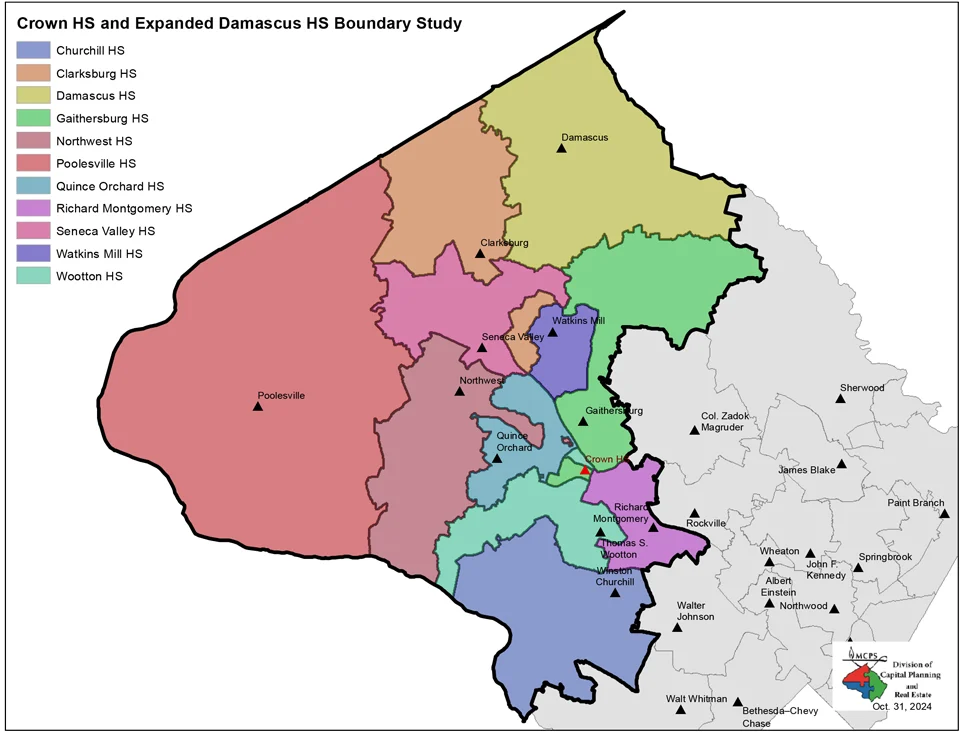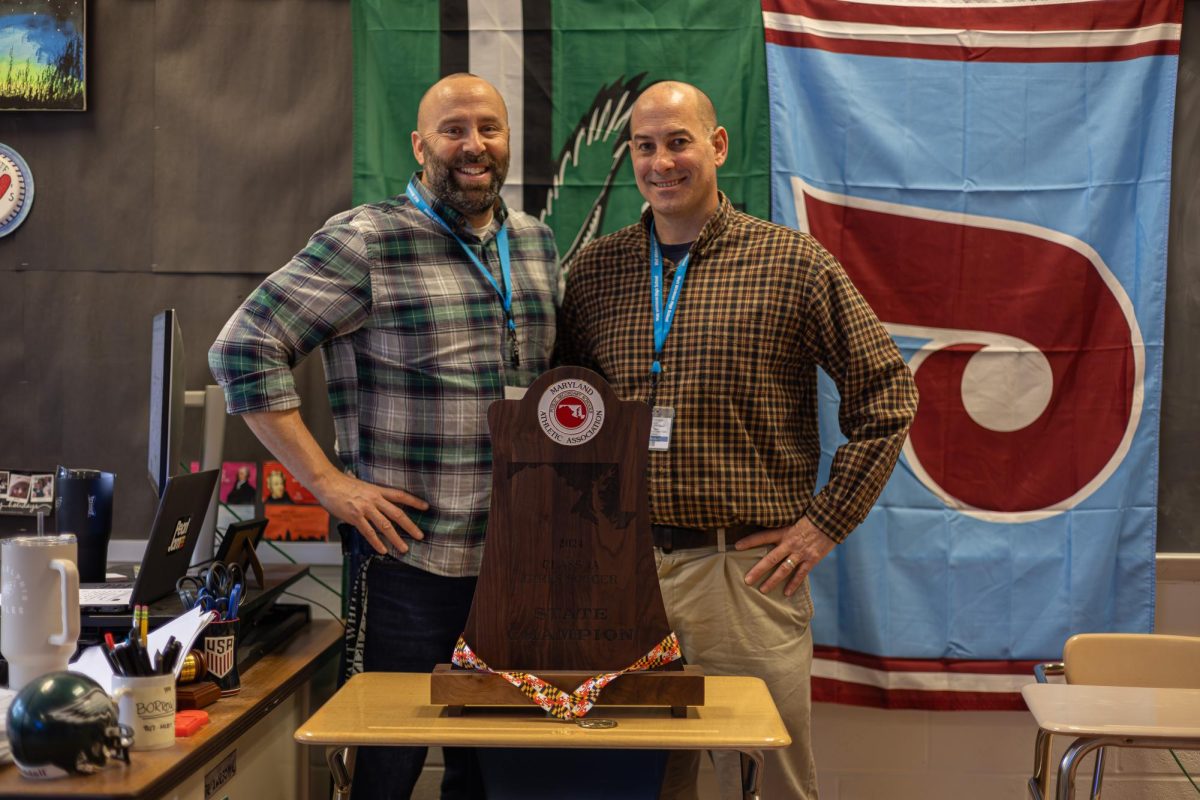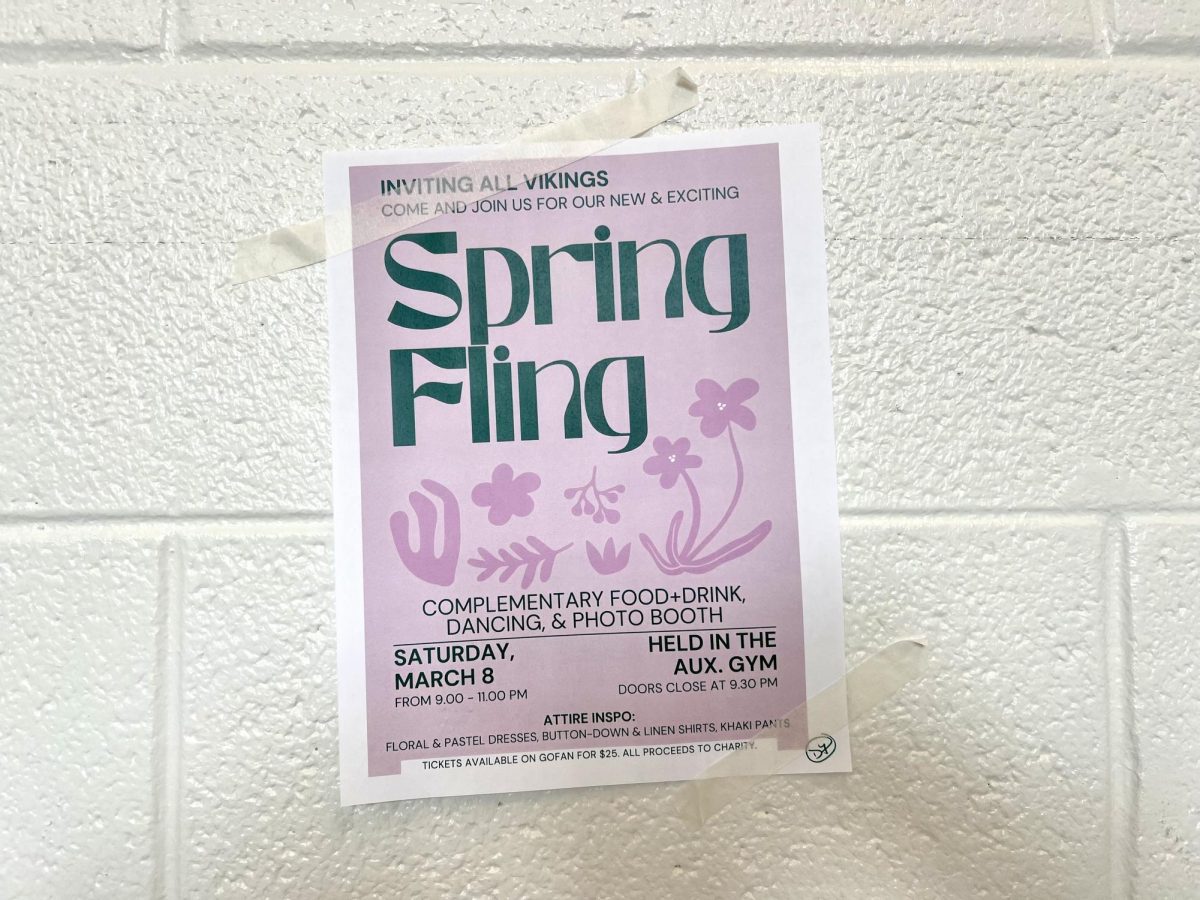
The Maryland General Assembly unanimously (181–0) passed Noah’s Law, on April 11, after the law received overwhelming public support.
Noah’s law requires breathalyzer ignition locks be place on the cars of all convicted drunk drivers. The devices require drivers to take a breathalyzer test before driving. The breathalyzer is connected to the ignition, and if it detects any blood alcohol content, the car won’t start.
“It was a great victory for public safety and public health, and young people were an important part of it,” said Senator Jamie Raskin (D), the bill’s senate sponsor. “The people of Montgomery County really got engaged.”
Though there is current ignition interlock legislation for repeat and extreme offenders, legislation targeting first time offenders has failed to pass in Maryland Legislature before. Noah’s law expanded the current program so it applies to all convicted drunk drivers, and even suspected drunk drivers who refused a breathalyzer test.
Raskin and House sponsor Delegate Benjamin Kramer (D) have introduced the bill every year since 2009. In the past, the bill’s biggest barrier was the liquor lobby, Kramer said. This year, the public attention the bill garnered played a major role in overcoming the liquor industry’s influence.
For many members of the Whitman community, the bill’s passage was a personal victory.
Students were first made aware of the bill during the Today for Tomorrow event April 6, when Richard Leotta, who lost his son Officer Noah Leotta to a drunk driver in December, delivered the keynote speech informing the students of the law.
Following the event, many students mobilized in support by spreading the word on social media and emailing their district’s legislators.
Junior Ari Gutman posted a list of legislators in the General Assembly to his Facebook page to help other supporters easily contact their district’s delegates, he said.
“I think it’s really important that we talk about these things as much as we can as a student body,” Gutman said. “If your representative doesn’t know what you want, how are they going to represent you?”
According to Kramer, the expansion of ignition locks to first time offenders not only prevents them from driving drunk while part of the program, but reduces the risk of them repeating the offense in the future.
Raskin said the hope is the passage of the law will clearly convey to potential drunk drivers that drinking and driving simply do not mix.









